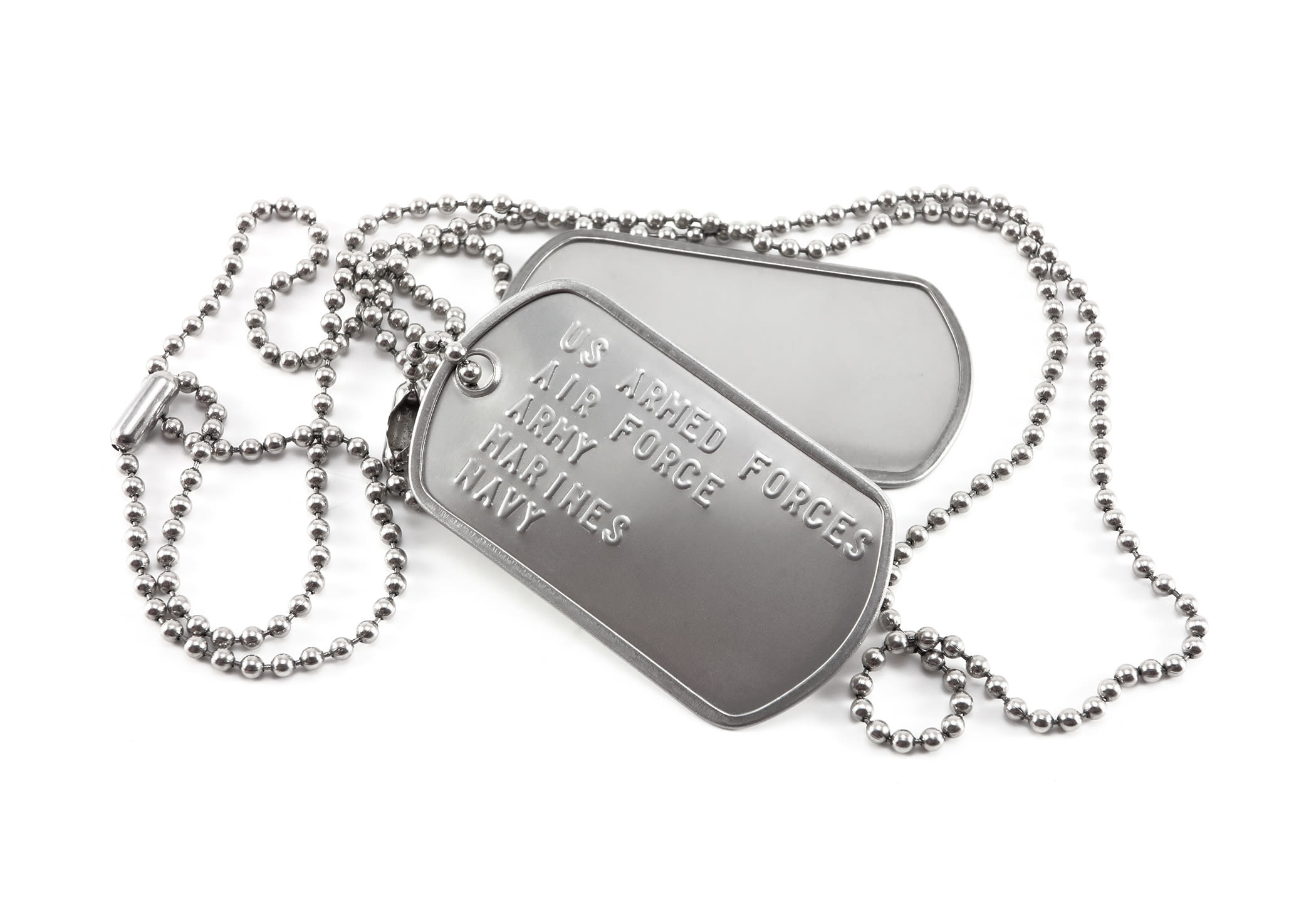Growing up, always a storyteller, I invented a story that my father didn’t want to talk about his service in Vietnam because it was too painful. After what we learned in school about Vietnam, I assumed it was something he did not want to bring up. In fact, I was practically a young adult before I learned that he “didn’t want to bore” us as children with his stories from his time as a doctor in the Army. It was around then that he showed us his slides and talked about his time on a firebase in Cambodia and elsewhere in the region.
Through his vibrant stories, his energy and pride surrounding this time in his life shines through. He was a young doctor with a wife and infant daughter at home, and as difficult as it was being away from his family, he made lifelong relationships and truly felt of value. I have always admired his selflessness and dedication to helping people and serving our country. I have no doubt that it remains a pivotal time in his life and those stories are still fresh in his mind.
His stories made such an impression on my life, and it still seems like fate intervened earlier this year when I heard a story on NPR about the My Life, My Story program at the William S. Middleton Veterans Administration Hospital in Madison. I was just getting ready for work, and suddenly it came on our local NPR station. I’d been on the lookout for a new volunteering opportunity because previously I’d volunteered in my kids’ schools. However, earlier this year I became mother of two high schoolers who don’t want to see me at school anymore.
Through the “My Life, My Story” program, writers interview in-patient and outpatient veterans at the VA Hospital and write their life story – the highs and lows that really matter to them. After it’s written, veterans see and approve a draft, and the final is posted in their electronic medical record so all their care providers can read it to learn about what’s most important to them. What it includes is really up to them, but usually we try to cover where they’ve been, their family life, what they enjoy, and their goals for recovery in their lives. Families also can request copies of the story.
After a rigorous onboarding and volunteer training program, I started speaking with veterans this summer and writing their stories. It is immeasurably humbling to hear their stories of tenacity, bitterness, loss, humility, camaraderie, and intense emotions brought up in these sessions. From ages 31 through 94, veterans I’ve interviewed all have valuable life experiences to impart, some learned through intense times of anger and sadness.
Helping veterans tell their stories with the goal of easing their whole care experience through the VA has been more personally fulfilling than I can possibly ever entirely relate. I’m grateful that First Business allows its employees to choose profoundly meaningful ways we can contribute. And in the face of the sacrifices our veterans have made, it seems like such a very small way to make a difference in their lives. If you are moved to help, the Veterans Administration always needs volunteers.





